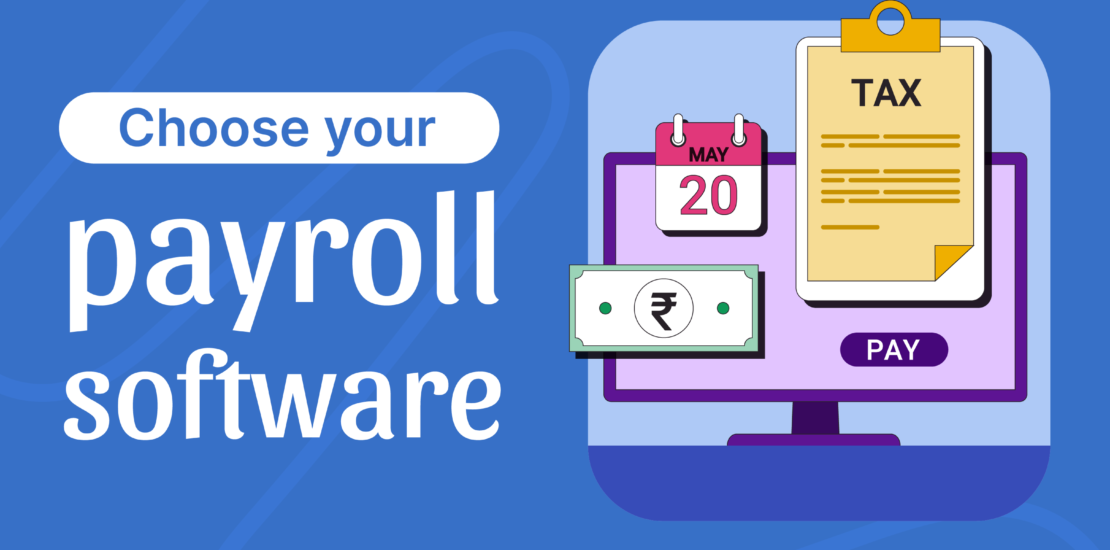- October 11, 2023
- Posted by: Admin
- Category: Uncategorized

A payroll module in the Human Resource Management Information System (HRMIS) is a software component or feature that is designed to handle all aspects of an organization’s payroll processing. HRMIS is a comprehensive software system used by HR departments to manage various HR functions, and the payroll module is a critical part of this system. A payroll module in an HRMIS simplifies and streamlines the complex process of managing payroll, reducing errors, saving time, and ensuring that employees are paid accurately and on time. It plays a crucial role in HR management by maintaining financial stability and compliance within an organization.
The payroll module typically includes the following functionalities:
- Employee Information Management: It maintains a database of employee information, including personal details, job roles, tax information, and other relevant data.
- Salary Calculation: The module calculates employee salaries based on various factors such as hours worked, overtime, bonuses, deductions, and tax regulations. It ensures accurate and timely salary payments to employees.
- Tax Management: The payroll module helps in managing tax deductions, including income tax, social security, and other statutory deductions. It ensures compliance with tax regulations and generates tax reports for government authorities.
- Benefits and Deductions: It manages employee benefits like health insurance, retirement plans, and other deductions such as loan repayments and union dues.
- Payroll Processing: The module automates the payroll processing cycle, including data entry, calculations, and generating paychecks or direct deposits. It also handles payroll distribution and provides pay stubs to employees.
- Compliance and Reporting: It generates various reports, including payroll registers, tax reports, and year-end reports required for auditing and compliance purposes.
- Record Keeping: The payroll module maintains a historical record of payroll data for each employee, which is essential for audits, employee queries, and historical analysis.
- Integration: It often integrates with other HRMIS modules, such as time and attendance, employee self-service, and HR analytics, to provide a holistic view of workforce management.
- Security: Payroll data contains sensitive information, so the module ensures data security and access control to protect employee information.
- Statutory Compliance: It keeps track of changing labor laws, tax regulations, and other statutory requirements to ensure that the organization remains compliant with all legal obligations.
Enhancing HR compliance and payroll management in financial institutions is crucial to ensure regulatory adherence, accuracy, and efficiency. Financial institutions are subject to stringent regulations, and any non-compliance can lead to severe consequences. Here are some steps to enhance HR compliance and payroll management in such organizations:
- Stay Updated with Regulations: Financial institutions are often subject to complex and ever-changing regulations. Establish a dedicated compliance team that monitors and keeps abreast of industry-specific laws and regulations.
- Comprehensive HR Policies: Develop and maintain comprehensive HR policies and procedures that align with relevant laws and regulations. Ensure these policies are communicated to all employees and regularly updated to reflect changes in the regulatory landscape.
- Employee Training: Conduct regular training sessions for HR staff, managers, and employees to educate them on compliance requirements and the importance of adhering to policies. Training should cover areas such as anti-money laundering (AML), data protection, and diversity and inclusion.
- Robust Payroll Systems: Invest in modern payroll management software that can handle complex financial calculations, tax withholdings, and compliance reporting. Ensure the software is regularly updated to reflect changes in tax laws and regulations.
- Data Security: Safeguard employee data by implementing strict data security protocols. Financial institutions deal with sensitive information, so protecting it from breaches is essential. Comply with data protection laws like CCPA, depending on your jurisdiction.
- Audit and Monitoring: Conduct regular internal audits to identify and rectify compliance gaps. This includes payroll audits to ensure accurate payment and tax compliance. Implement automated monitoring systems to track compliance in real time.
- Third-party Vendors: If using third-party vendors for payroll processing or HR services, ensure they are also compliant with relevant regulations. Contracts with these vendors should include specific compliance requirements.
- Documentation: Maintain detailed records of employee information, payroll transactions, and HR activities. Proper documentation is essential for demonstrating compliance during regulatory audits.
- Whistleblower Programs: Establish a whistleblower program that allows employees to report compliance violations confidentially. Protect whistleblowers from retaliation, as this encourages employees to report potential issues.
- Regular Audits and Assessments: Conduct periodic external audits and assessments by independent compliance experts. This helps identify potential issues and ensures that your institution is in full compliance.
- Regular Reporting: Submit required reports and documentation to regulatory bodies on time. Ensure accuracy and consistency in these reports to avoid regulatory penalties.
- Legal Counsel: Consult legal counsel with expertise in financial industry regulations. They can provide guidance on compliance matters and help navigate complex regulatory issues.
- Continuous Improvement: Establish a culture of continuous improvement in HR and payroll processes. Regularly review and update policies, procedures, and systems to stay ahead of regulatory changes.
- Employee Feedback: Encourage employees to provide feedback on HR and payroll processes. This can help identify issues and improve compliance from the ground up.
Enhancing HR compliance and payroll management in financial institutions requires ongoing effort and a commitment to staying current with regulations. By implementing these strategies, financial institutions can reduce compliance risks, improve accuracy, and ensure a smooth and efficient HR and payroll management process. To learn more about the Payroll module and how it benefits the HRMIS in your business visit here.
Leave a Reply
You must be logged in to post a comment.

